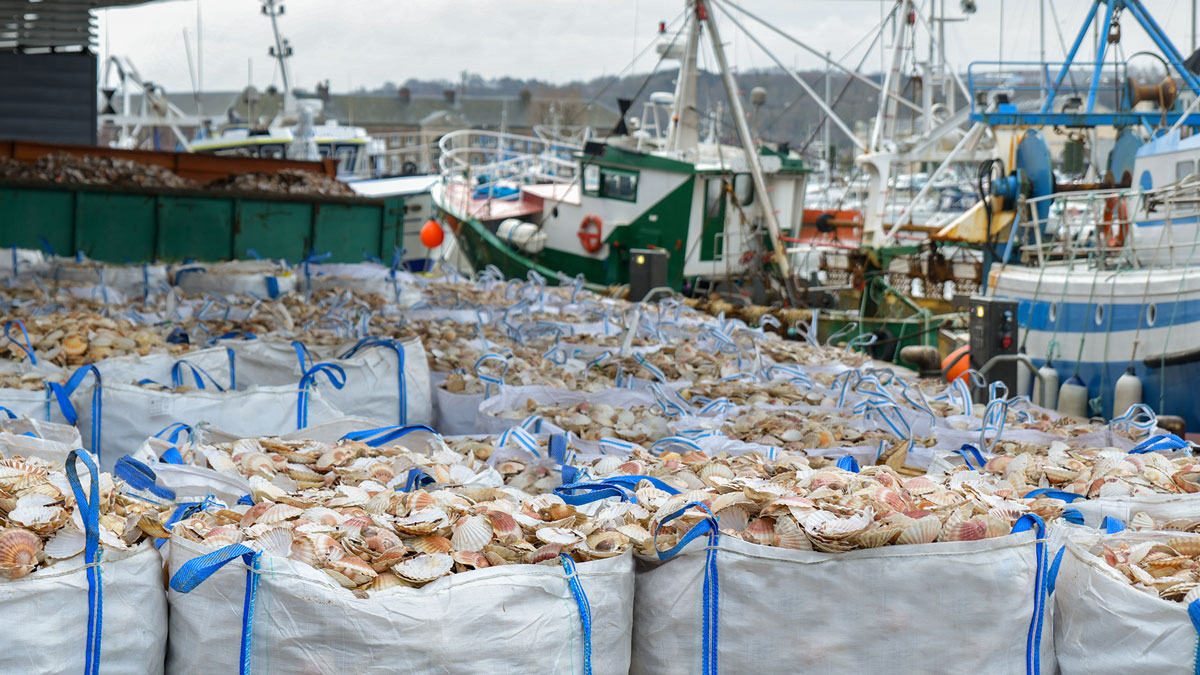Aquatic products are among the most highly traded commodities, with about 38 percent of production entering the international markets. They play a vital role as a generator of export revenue, employment and value addition and as a contributor to global food security, involving diverse and interlinked actors in shipping, processing, wholesale and retail. However, it still faces complex market access requirements, non-tariff measures, distortions associated with fisheries subsidies, and tariff escalation. Considering the contribution of developing countries to international trade, these obstacles may pose additional competitive challenges.
Regional Trade Agreements (RTAs) have progressively become an essential component of the global trade framework and significantly impact market access, primarily through preferential benefits. However, the most modern RTAs incorporate non-traditional trade clauses, particularly those associated with sustainability, creating specific nuances towards aquatic products. Some of these RTAs include the Comprehensive and Progressive Agreement for Trans-Pacific Partnership (CPTPP), the Regional Comprehensive Economic Partnership (RCEP) and the United States-Mexico-Canada Agreement (USMCA). South-South Trade agreements such as the General System of Trade Preferences among Developing countries (GSTP) can also have an important role to play enabling market access and sectoral cooperation frameworks on fisheries and aquaculture products.
The "International Webinar on Regional Trade Agreements and Fisheries and Aquaculture Products: Today and Tomorrow" aims to facilitate and discuss some of the most recent and comprehensive RTAs from the perspective of fisheries and aquaculture products. The webinar will examine traditional and non-traditional trade clauses present in certain RTAs and their effects on trade in fisheries and aquaculture products. In addition, the webinar will discuss how crucial it is to disseminate information about RTAs, especially in light of the overall trade flow of fisheries and aquaculture products from developing to developed countries, and to enhance exporting countries' appropriation of possibilities of trade preferences. The virtual webinar will take place on 28 November 2023. During the webinar, scholars in relevant disciplines, practitioners, and trade experts will be able to share their research, perspectives, and evaluations on numerous fish-related RTA aspects.
Panellists
Panellists will be professors and experts from a wide range of institutions, including the Food and Agriculture Organization of the United Nations (FAO), Shanghai Ocean University (SHOU), the United Nations Conference on Trade and Development (UNCTAD), the University of Tokyo and the University of Florida.
Objectives
The workshop aims to promote an understanding of RTAs and their role in fostering more competitive trade opportunities for fisheries and aquaculture products, as well as to examine the advantages and challenges associated with their implementation and the importance of information dissemination.

